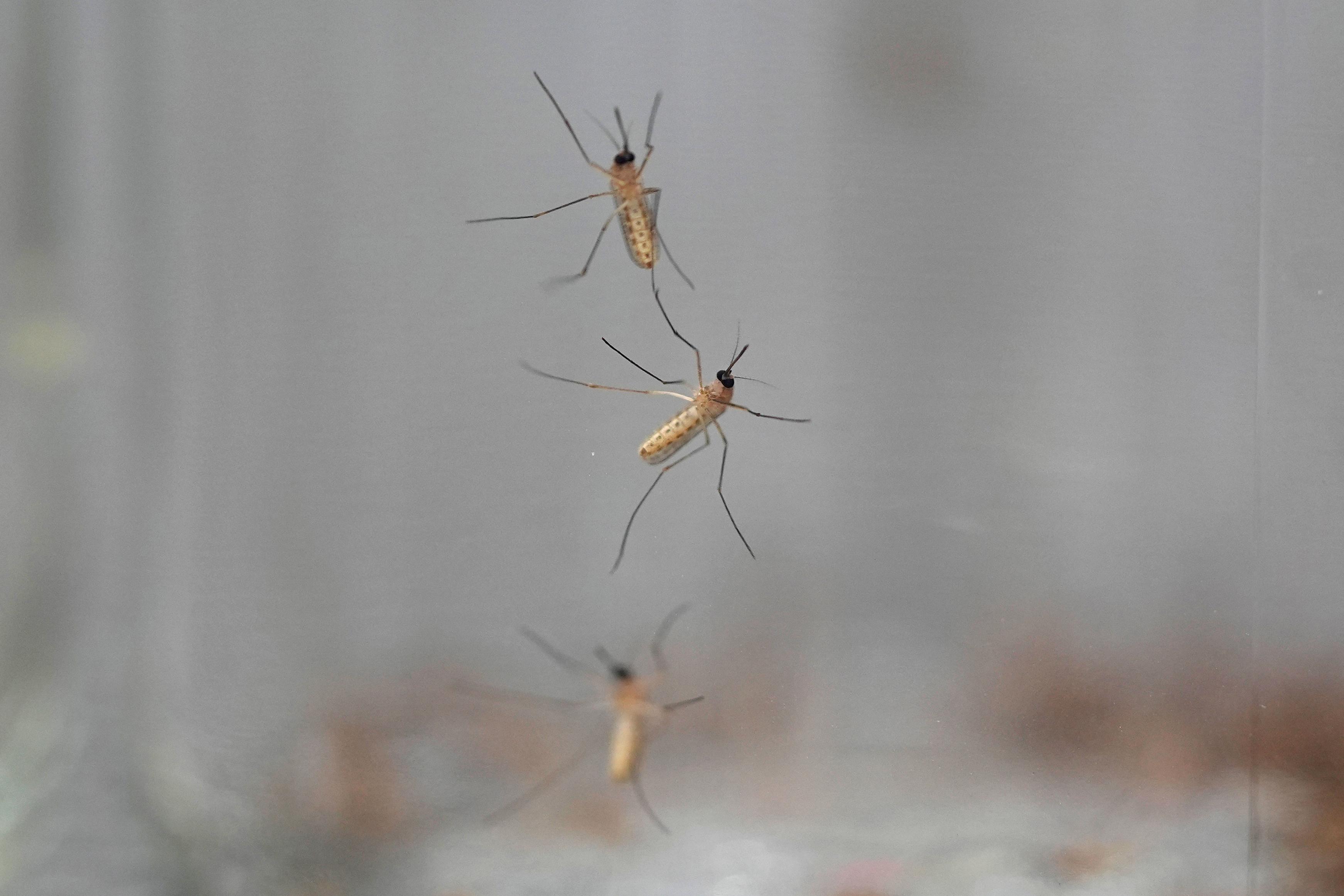
Colorado recorded its first human case of West Nile virus in 2024 — and it's earlier than usual. The case is in a resident from Arapahoe County.
Usually, Colorado doesn't see West Nile infections until later in the summer. Health officials warn more storms, hotter temperatures and fewer cool nights could mean elevated mosquito activity ahead.
West Nile virus walloped Colorado in 2023. The state led the nation in deaths with 51, its highest number in more than two decades. Colorado recorded 631 cases total in 40 counties, and almost 400 people were hospitalized after they contracted the mosquito-borne virus for which there is no vaccine.
“While we know that West Nile virus is endemic to Colorado — meaning we expect to see some cases each year — we never quite know how many to expect or just how bad a season will be,” said Melissa Adair, communicable disease epidemiology manager at Arapahoe County Public Health. “What this first case confirms for us, however, is that West Nile virus is present in our mosquito population, and as mosquito numbers increase, the risk of West Nile virus will, too.”
Health officials suggest wearing insect repellant, long sleeves and pants and staying inside at dawn and dusk when the bugs get most active.
Here are some things to know about West Nile virus, according to the state health department and Arapahoe County Public Health: Symptoms generally appear two to 14 days after being bitten by an infected mosquito. One in five people develop things like fever, body aches, headache, and occasionally skin rashes and swollen lymph nodes. Mild symptoms from an infection usually resolve on their own.
Fewer than 1 percent of people infected with West Nile virus will develop severe symptoms that affect the nervous system. These symptoms can include headache, coma, high fever, tremors, neck stiffness, muscle weakness, confusion and disorientation and paralysis. The more severe symptoms can occur in anybody, however, people over 60 are at higher risk, as well as those with certain medical conditions.
Talk with a health care provider and call your local public health department if you believe you are experiencing severe symptoms of West Nile virus. If you are an Arapahoe County resident, call 303-734-4379.









